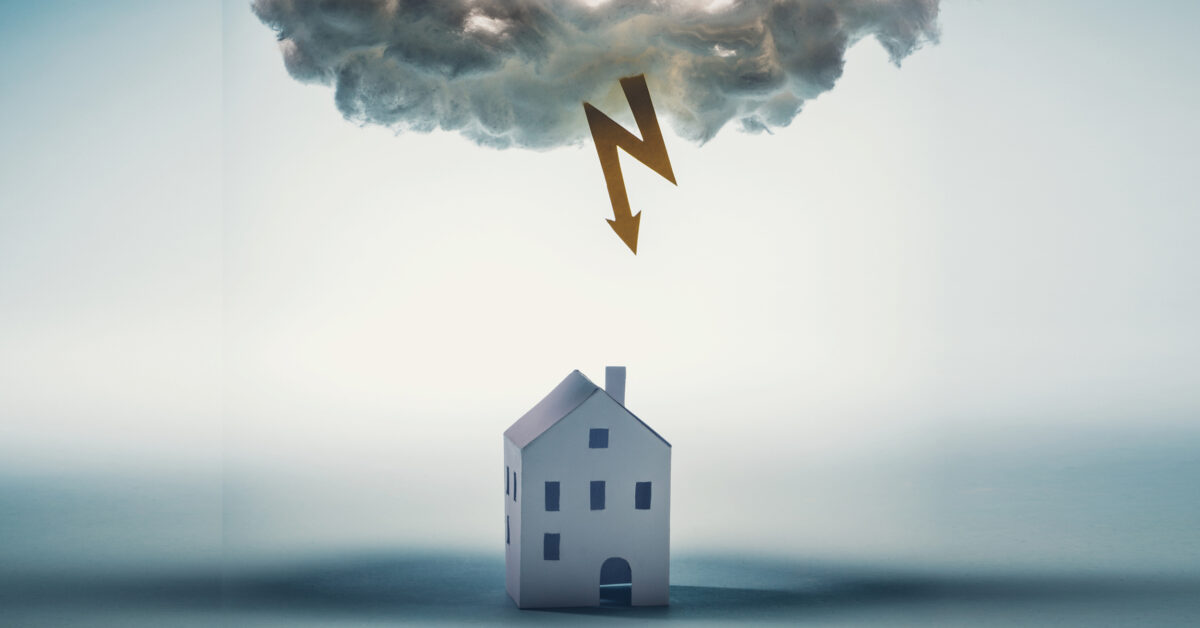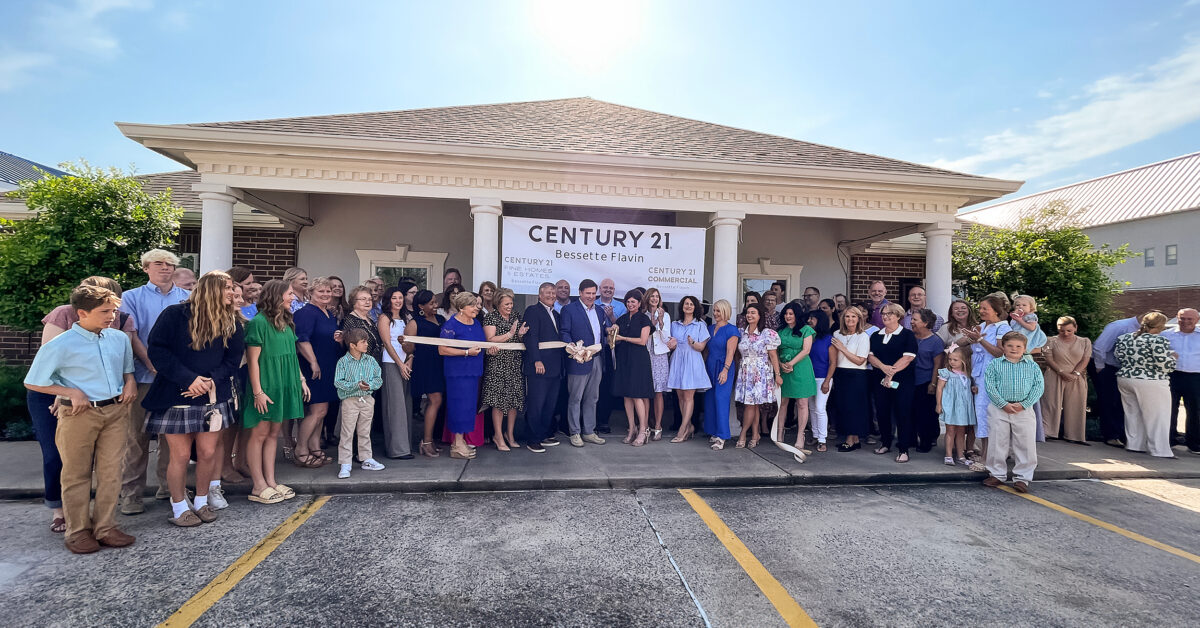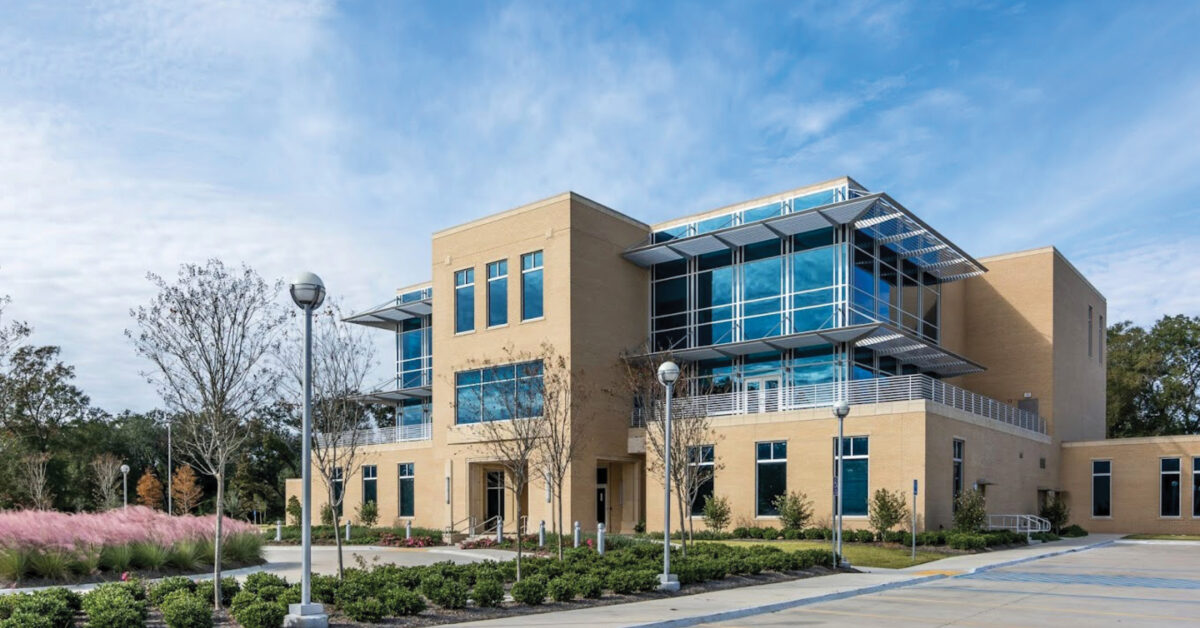
3 Steps To Choosing A Lawyer
August 2024
FAMILY WORKS: SANCHEZ BURKE, LLC.- Reaching Resolutions and Mitigating Conflicts
August 2024by Madelaine Brauner Landry
It’s hard to reason with hurricane season, a six-month period of nail-biting anticipation that annually floods SWLA with memories of storms past, present, and yet to come. Insurance claim woes place high on the frustration list for homeowners who have experienced the wrath of past storms like Laura and Delta in 2020. The claims process moves at a glacial speed, while residents live for months, even years, in homes with blue-tarped roofs in need of repair. Some are even forced to live elsewhere until the claim is resolved. With the recent actions in the Louisiana Legislature, more frustration looms large on the horizon. New legislation promises to further delay payments and filings for bad faith lawsuits.
According to Mike Williamson with SWLA Injury Attorneys in Lake Charles, the changes that went into effect on July 1 do not bode well for Louisiana homeowners: “Unfortunately, the
Louisiana Legislature in the 2024 session conceded to pressure from insurance lobbyists to reform the Louisiana’s bad faith statutes in La. R.S. §22:1892 and 22:1973 in Senate Bill 323, enacted May 7, 2024. This [latest] amendment is now in full force and effect for the 2024 hurricane season.”
Louisiana previously had two statutes that dealt with bad faith in claims handling. Act No. 3 repeals one of these statutes, doing away with a 200% penalty provision. However, it also adds a duty of good faith on the part of the insured, expressly stating that the insured, claimant, or their representative, have a duty of good faith and fair dealing when making a claim for insurance coverage.
A knowing commission of the following constitutes a breach:
• Failure to comply with affirmative duties under the policy, which include providing all the information requested by the insurer.
• Misrepresentation of pertinent facts or insurance policy provisions relating to any coverages at issue.
• Submission of an estimate or claim for damages that lacks a basis for coverage under the terms of the policy or lacks a good faith evidentiary basis.
Here is a “good faith” attempt to explain the recent changes, which are written in confusing legalese for the average insured person, residential or commercial. The Louisiana Department of Insurance says this new law “establishes a simple, clear timeline for the claims process that makes it easier for policyholders and insurers to understand what their responsibilities are during the claim.”
There was a previously imposed duty for insurers to pay claims promptly within thirty days after receipt of satisfactory proof of loss. Breach of this duty allowed recovery of consequential damages resulting from this breach, plus penalties, which were “not to exceed two times the [consequential] damages sustained or five thousand dollars, whichever is greater.”
“While the amendment to 22:1892 [still] allows for an award of consequential damages, the insured is not entitled to a penalty of twice their consequential damages,” explains Williamson. “Additionally, the amendments have created a complex cure period. Before an insured can file a lawsuit for bad faith, the insured, or their representative, must provide sixty days’ written notice of the bad faith to the insurance company (the Cure Notice Period). If the insurance company pays the full amount of the demand within sixty days, plus expenses and attorney fees (not to exceed 20%), there can be no bad faith lawsuit for the amounts in the demand. If the insurance company issues a timely partial payment, any penalty on the amount paid is reduced by half.”
“Louisiana homeowners can expect insurance companies to use these amendments to further delay payment,” Williamson notes.
Property owners can find additional information from the Louisiana Legislature website, www.legis.la.gov. Research SB 323 or download Document 1372369.pdf






